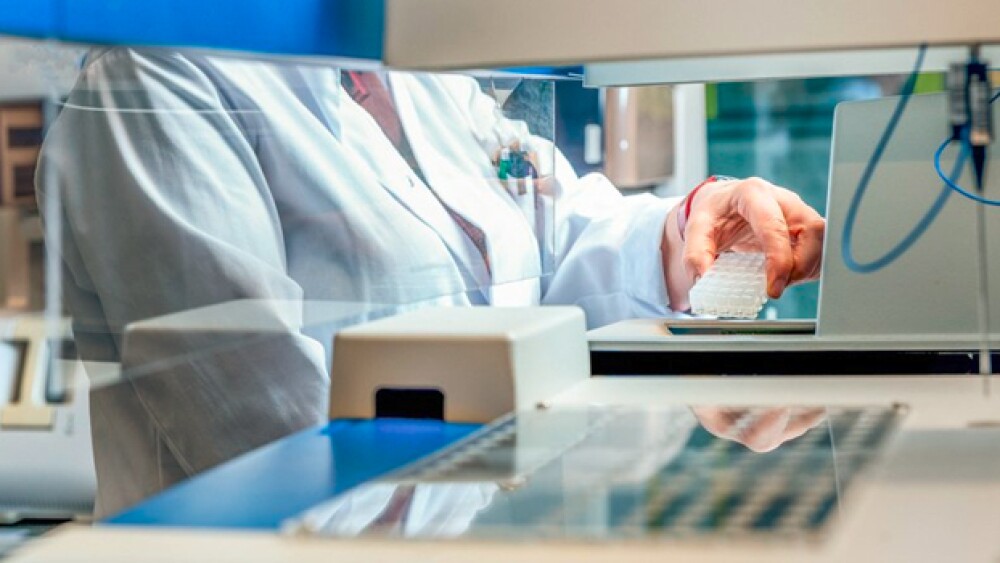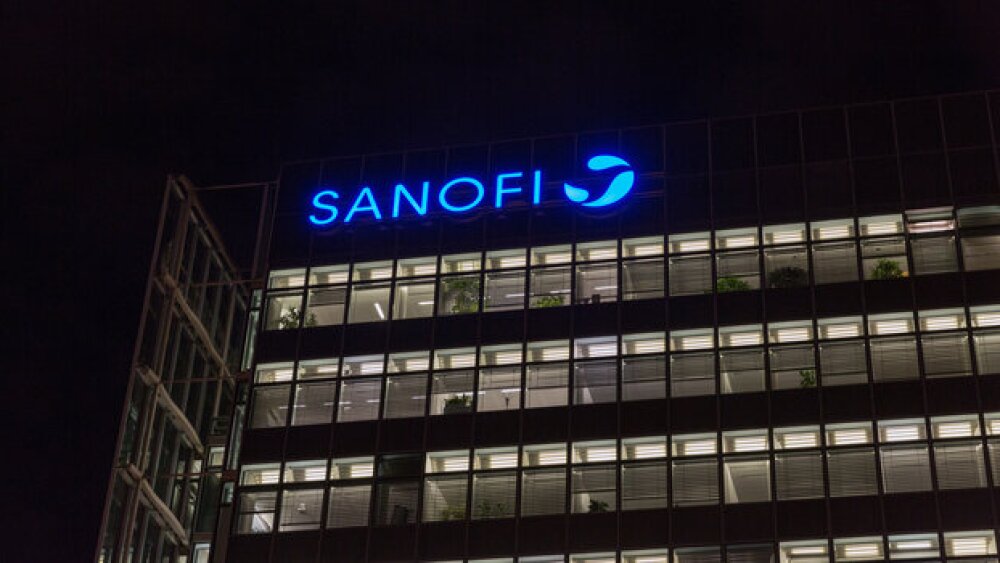The company has snapped up manufacturing space in North Carolina’s Research Triangle Park to internally produce lentiviral vector for the company’s gene and cell therapies.
bluebird bio, Inc. is flying south. The company has snapped up manufacturing space in North Carolina’s Research Triangle Park to internally produce lentiviral vector for the company’s gene and cell therapies.
bluebird acquired a 125,000 square foot facility in Durham, N.C. for about $11.5 million, according to Endpoints News. bluebird will upgrade the facility in order to meet the company’s drug development and supply needs. bluebird’s lentiviral vector programs include Lenti-D for the treatment of cerebral adrenoleukodystrophy, LentiGlobin for the treatment of transfusion-dependent β-thalassemia and severe sickle cell disease and bb2121 and bb21217 for the treatment of multiple myeloma.
In October, bluebird revealed interim data from a Phase II/III trial that showed Lenti-D is meeting its primary endpoints of keeping the children alive and free from major functional disabilities (MFD) associated with Cerebral adrenoleukodystrophy, also known as Lorenzo’s Oil disease.
The Durham site is large enough to accommodate significant potential future expansion, including the possibility of commercial drug product production, bluebird said in announcing the space. The company will have about 50 people to staff the facility and will begin a hiring and training process supported by the North Carolina Community College System. When hiring and training for the new bluebird site will begin was not specified.
Acquiring the North Carolina space was only part of bluebird’s overall manufacturing plan as it sets its eye on commercialization of its gene therapy programs. In addition to the Durham facility that will support internal manufacturing, bluebird also struck several external manufacturing agreements to support its lentiviral vector programs. bluebird entered into multi-year agreements with three manufacturing partners in the United States and Europe: Brammer Bio, based in Cambridge, Mass., Belgium-based Novasep, and MilliporeSigma, the Life Science business of Merck KGaA. Each of these partners is collaborating with bluebird bio on production of lentiviral vector across all programs, the company said.
The new agreements bolster existing manufacturing deals with Houston-based Lonza and Germany-based apceth Biopharma to produce bluebird’s drug products for Lenti-D and LentiGlobin.
Securing a reliable supply chain for gene therapy is critical due to the complex nature of the personalized medicine program. Derek Adams, bluebird bio’s chief manufacturing and technology officer, said investments made in “a world-class manufacturing infrastructure” is crucial to bluebird’s mission. He said the company’s goal is to bring multiple therapies to market over the next four years.
“The North Carolina manufacturing site will complement our important external manufacturing partnerships. By simultaneously establishing multiple lentiviral vector manufacturing partnerships and pursuing in-house manufacturing, bluebird is uniquely positioned to adeptly, robustly, and reliably provide our current gene and cell therapy products in development, as well as future pipeline therapies to patients in need,” Adams said in a statement.





